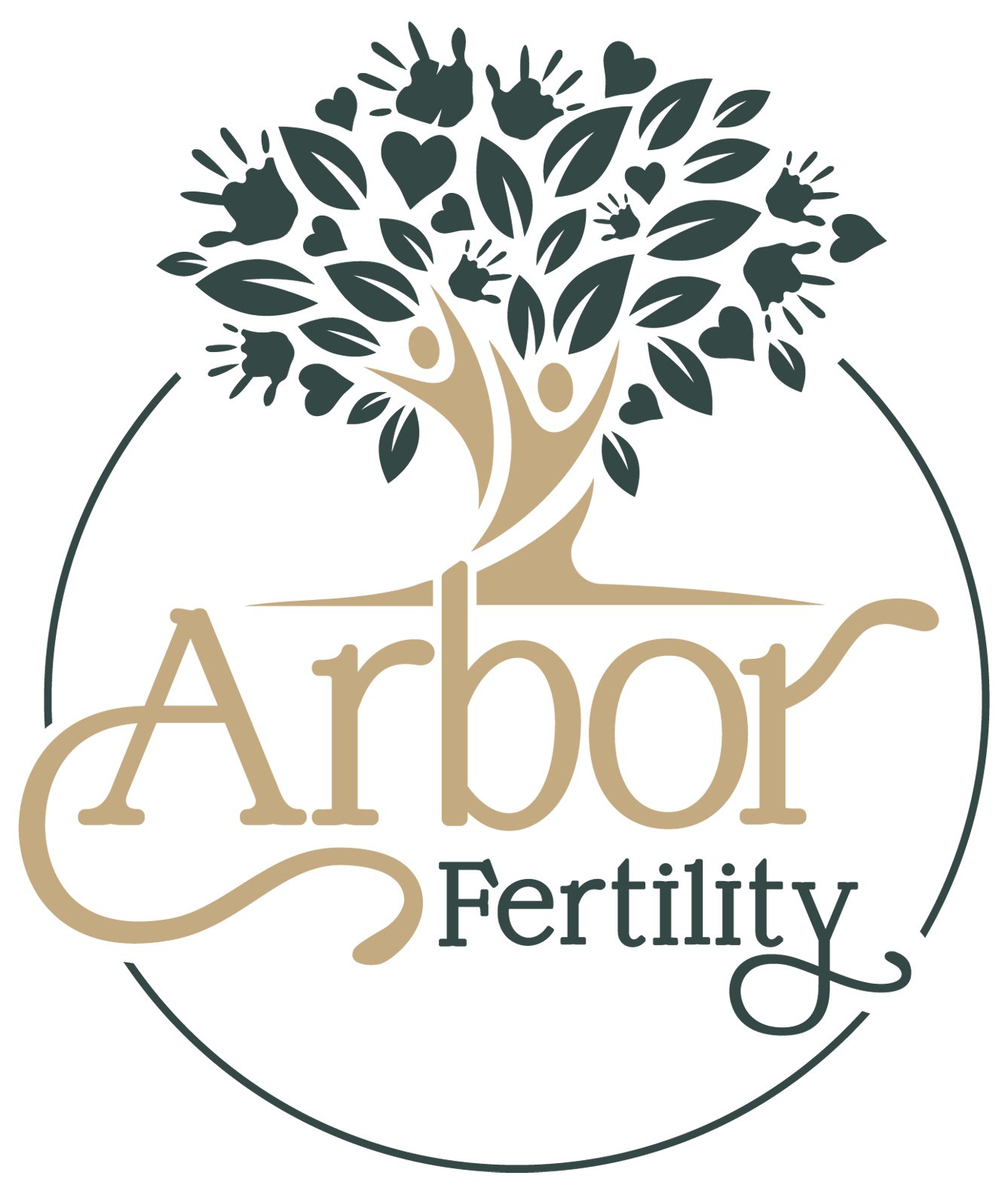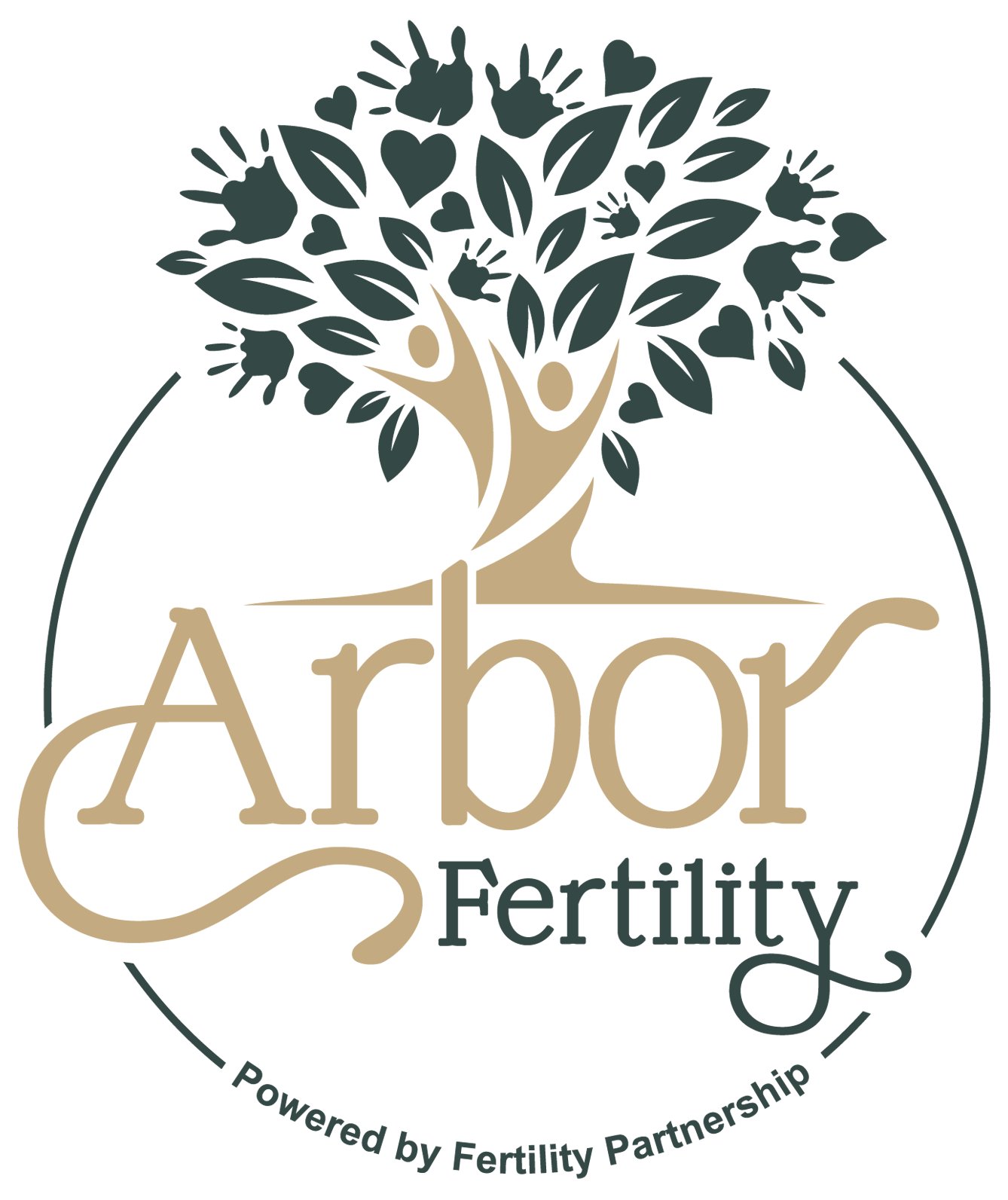Egg Donation Requirements: Everything You Need to Know
April 6, 2023 - 10 min read
By: Dr. Daniel Rychlik, Empower Fertility
Egg donation is an integral part of fertility treatment for women who either can't produce their own viable eggs or for surrogates helping another individual or couple grow their family. Egg donors play a crucial role in helping families conceive when faced with fertility issues. Donor eggs are used with in vitro fertilization (IVF), during which they're fertilized and placed in a woman's uterus to turn into a successful pregnancy.
Wondering how to donate eggs? Find out the core requirements for egg donation as part of your research process. It's also smart to talk to a medical professional to make an informed decision you feel comfortable with.
Who Can Become an Egg Donor?
There are a number of requirements to donate eggs, both to ensure your own health and the health of any future embryos. Qualifications revolve around age as well as the donor's medical, genetic, and psychological history.
Age requirements: How old do you have to be to donate eggs? At Oma Fertility, we accept egg donors between the ages of 21 and 30. Age has a huge impact on fertility and older eggs are more likely to develop abnormal chromosomes. That's why there's an age restriction on donors.
Medical criteria: It's also important for egg donors to be in good health. Both donors and recipients undergo comprehensive medical screening to maximize the chance of successful IVF. Egg donors should have regular menstrual cycles and no chronic illnesses. We also don't accept anyone with a history of smoking or drug use and require a body mass index under 30.
Genetic testing: Egg donors undergo genetic screening to make sure they're not a carrier for hereditary diseases or genetic abnormalities. The screening checks for things like cystic fibrosis, Down's syndrome, and sickle cell anemia.
Psychological evaluation: Other egg donation requirements include in-depth psychological evaluations. The goal is to learn about any family psychiatric history and undiagnosed mental illness. It's also an important step for you as a potential egg donor to make sure you fully understand any potential short or long-term impacts of the egg donation process.
The Egg Donation Process
Not only is it important to understand egg donation requirements, you should also know how the actual process works. There are four steps involved over an 8- to 12- week period.
Initial screening: The process starts off with an application form to make sure you meet the requirements. Then as discussed, all egg donor applicants must undergo medical, genetic, and psychological evaluations. If you're working with a specific fertility clinic, you'll then wait for a future parent to anonymously choose you as their egg donor. You can also donate to an egg bank at any time.
Ovarian stimulation: When a match occurs, you'll meet with the clinical team and start with a lab test. Next starts the ovarian stimulation process, which involves hormonal medicines that encourage the development of ovarian follicles. The clinic will monitor your health and progress during this time.
Egg retrieval: Once the egg development cycle is complete, it's time for retrieval. This is performed under sedation and only takes between 30 and 40 minutes. Guided by ultrasound, a needle is pushed through the vaginal wall to gather the eggs using suction. You may feel cramping like a period after waking up from the sedation.
Compensation for egg donation: In addition to helping a couple grow their family despite fertility struggles, egg donors also receive financial compensation. The amount varies based on where you live in the country and what clinic you use. At Oma Fertility, egg donors receive between $8,000 and $12,000.
Legal Considerations
It is important to protect both the egg donor and the recipient throughout each stage of the donation process. Here's a brief overview of some of the legal components that are part of donating eggs.
First and foremost, all parties involved must sign a confidentiality agreement that protects everyone's privacy. Both parties should remain anonymous and no one can make an effort to reveal the identity of either the donor or recipient.
Egg donors should also expect to sign a legal agreement outlining the timeline for medical procedures, compensation for the egg donation, as well as travel fees and medical expenses. Find out the milestones associated with payment. At Oma Fertility, our donors receive the full amount after the retrieval.
There may also be a clause in which the egg recipient is required to purchase medical insurance for the donor in the rare event there is a medical complication during or after the procedure. At Oma Fertility, we purchase this insurance on behalf of all our donors.
Finally, understand your legal rights in terms of future contact. There must be an agreement among all parties if there's any expectation of future contact with the child. You may also be required to disclose any future changes in your medical details.
Conclusion
Egg donation requirements include meeting age restrictions as well as undergoing medical, genetic, and psychological evaluations. You'll also need to adhere to strict legal agreements, both now and in the future.
For women who are eligible to donate eggs, they can make a life-changing difference for couples who are struggling to grow a family on their own. High-quality clinics like Oma Fertility provide donors with financial compensation as well as a strong emotional and medical support system to create a seamless process from start to finish.

